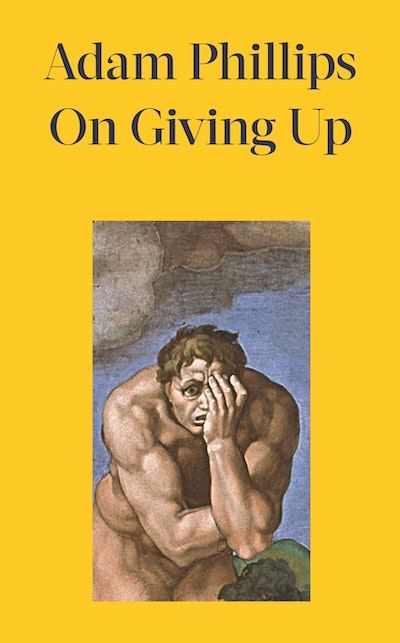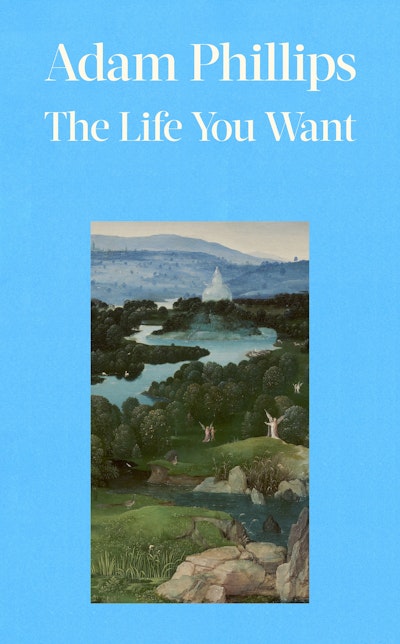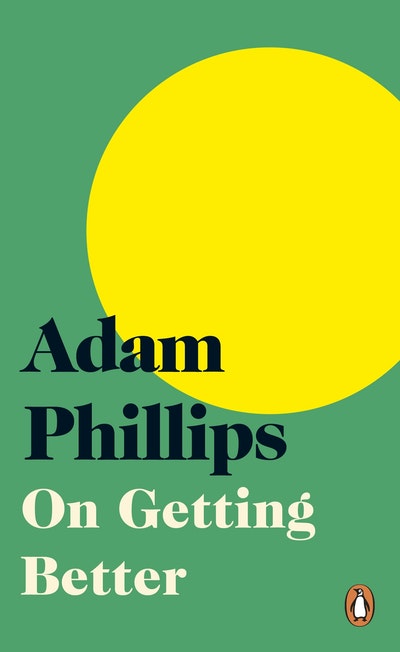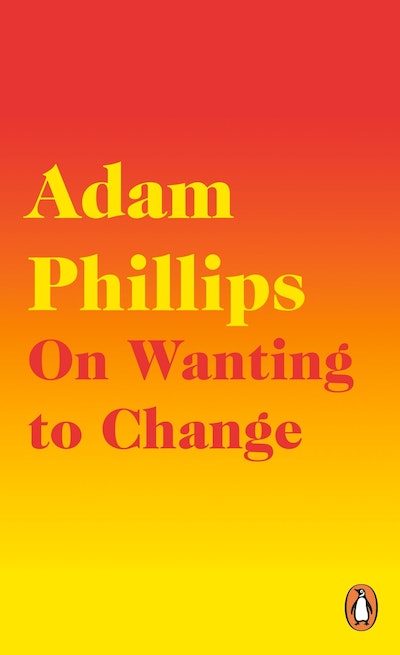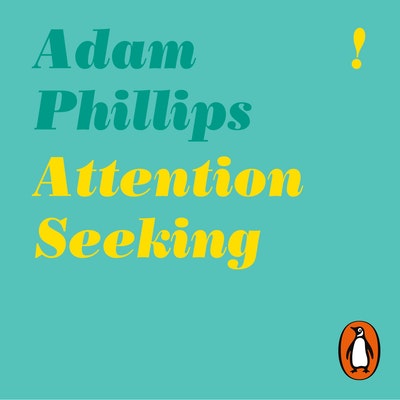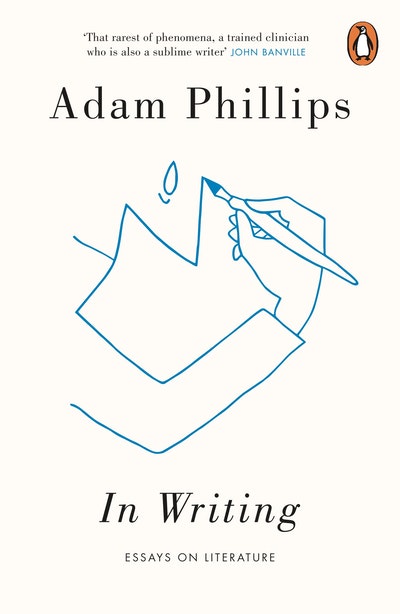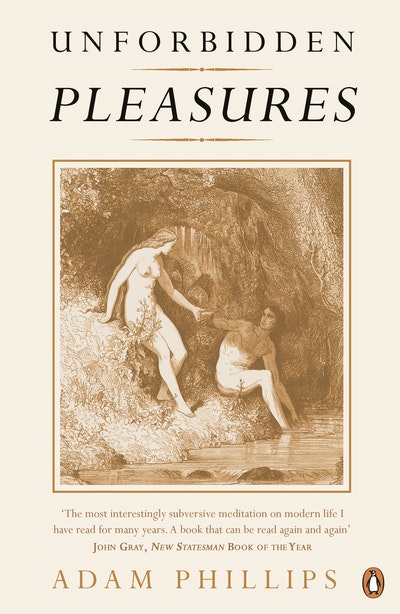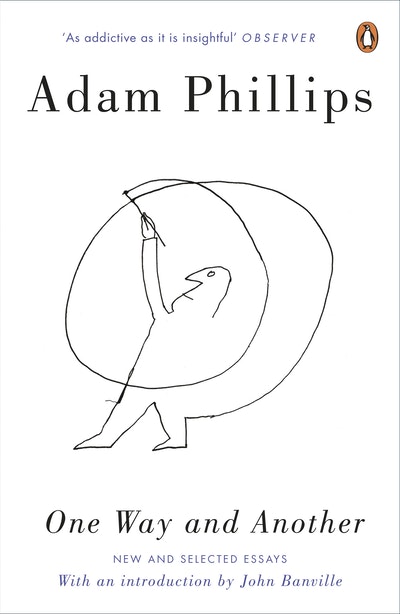On Giving Up
- Published: 11 January 2024
- ISBN: 9780241656600
- Imprint: Penguin eBooks
- Format: EBook
- Pages: 160
A wise, generous book . . . There is a sense — quite a satisfying one, in fact — of circling around ideas, of each essay being ostensibly on a different theme from the others, but really treating the same concerns from a slightly different starting point . . . These essays won’t cure us, but they may make us curious
Washington Post
Adam Phillips promotes curiosity, improvisation and conflict as antidotes to the deadening effects of absolute certainty . . . Phillips sidles up to his subjects, preferring the gentle mode of suggestion to the blunt force of argument. His writing has a way of sneaking up on you, like a subterranean force
New York Times
This short, subtle and nuanced book is a fast and stimulating read: an account of how giving up is a form of progress, and how giving up is a form of loss
The Spectator
Phillips invokes Freud, Kafka, Musil and Thomas Mann as helpmeets in illuminating knotty issues . . . This is not a book that provides answers but rather prompts the reader to question their own motivations and what different choices might mean
New Statesman
This roving collection of writings fuses the lexicon of psychotherapy with literary criticism to upend conventional ideas about common emotional experiences—among them repression, longing, and loss
The New Yorker
An introspective look at the psychology of letting things go and aims to give readers some insight into their own lives in the process
CNN
The prolific writings of Adam Phillips epitomise this modern day humanistic expression of psychoanalytic thinking . . . Phillips’s style throughout the book is almost effortlessly fluent and erudite . . . Invariably Phillips unearths layers of convolution that common sense overlooks. In true psychoanalytic fashion, what we think we want is unmasked as self-deception and what seems like pain has its pleasures. The stories we tell ourselves protect us from our fears and our adult preoccupations mask childish concerns
The Conversation
